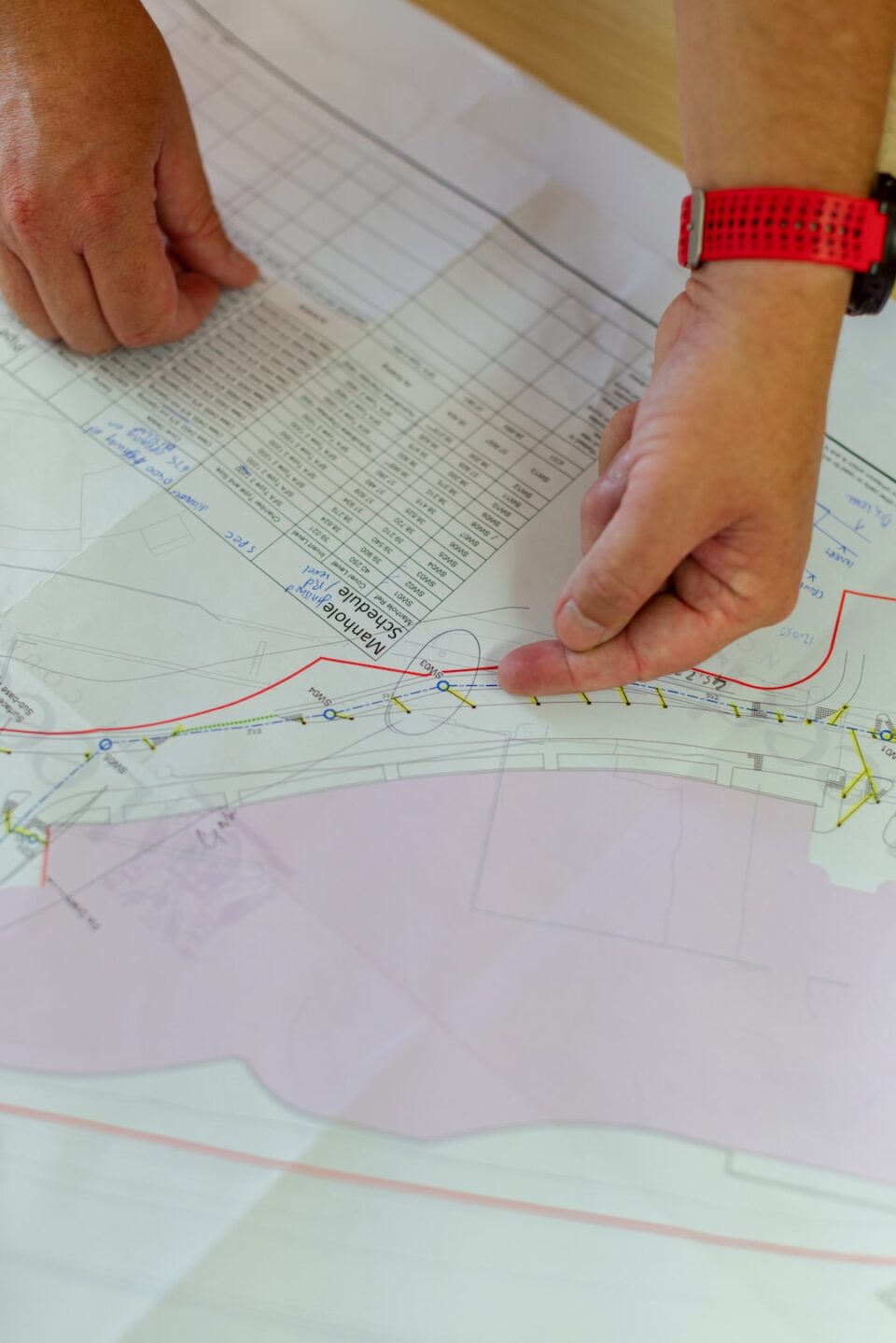The Role of Environmental Engineers in Preserving the Planet
In a world rapidly grappling with the consequences of climate change and environmental degradation, the importance of environmental engineers has never been more pronounced. These professionals play a pivotal role in finding sustainable and innovative solutions to preserve the planet for future generations. With their expertise in various fields, environmental engineers combine engineering principles with environmental sciences to address contemporary challenges and create a healthier and more resilient world.
Environmental engineers are at the forefront of assessing the impact of human activities on the environment and developing strategies to mitigate these effects. They are responsible for monitoring air and water quality, conducting environmental impact assessments, and ensuring compliance with environmental regulations. By analyzing data and conducting experiments, environmental engineers provide vital information to policymakers and industries to enact effective environmental protection measures.
One of the significant contributions of environmental engineers lies in developing sustainable methods for waste management. As the world grapples with an ever-increasing amount of waste, innovative solutions are needed to reduce, recycle, and dispose of waste in an environmentally friendly manner. Environmental engineers work on projects such as waste-to-energy plants, recycling programs, and landfill management to ensure that waste is properly handled while minimizing its impact on the environment.
Water scarcity and water pollution are global concerns that require urgent attention. Environmental engineers play a crucial role in managing water resources by designing and implementing sustainable water treatment systems. They develop innovative methods for wastewater treatment, desalination, and water purification, helping to alleviate water scarcity in many parts of the world. By ensuring access to clean and safe water, environmental engineers improve public health and contribute to the overall well-being of communities.
Air pollution is another major challenge that environmental engineers address. With increasing urbanization and industrialization, the quality of the air we breathe is deteriorating rapidly. Environmental engineers employ various technologies and techniques to reduce air pollution levels. They design efficient emission control systems for industries, develop sustainable transportation solutions, and enhance indoor air quality in buildings. By mitigating air pollution, environmental engineers contribute to improving public health and mitigating the impacts of climate change.
Climate change is one of the most pressing global issues, and environmental engineers are at the forefront of finding sustainable solutions to tackle its effects. They work on projects such as renewable energy systems, green infrastructure, and climate change adaptation strategies. By harnessing the power of renewable sources, such as solar and wind energy, environmental engineers help reduce greenhouse gas emissions and combat climate change. Moreover, they design resilient infrastructure that can withstand the impacts of extreme weather events, ensuring the safety and well-being of communities.
In addition to their technical expertise, environmental engineers also play a crucial role in education and public awareness. They raise awareness about environmental issues and advocate for sustainable practices through community outreach programs and educational initiatives. By promoting environmental consciousness, environmental engineers inspire individuals and communities to take action and adopt environmentally friendly practices in their daily lives.
The role of environmental engineers in preserving the planet is of utmost importance. Through their research, innovation, and advocacy, they contribute significantly to mitigating the effects of climate change, conserving natural resources, and creating a sustainable future. As the world faces unprecedented environmental challenges, the expertise and dedication of environmental engineers will continue to be instrumental in safeguarding the planet for generations to come. It is essential to recognize and support their vital role as we strive for a more sustainable and resilient world.

